Solid Hardwood vs. Engineered Hardwood Flooring; Which one is better?
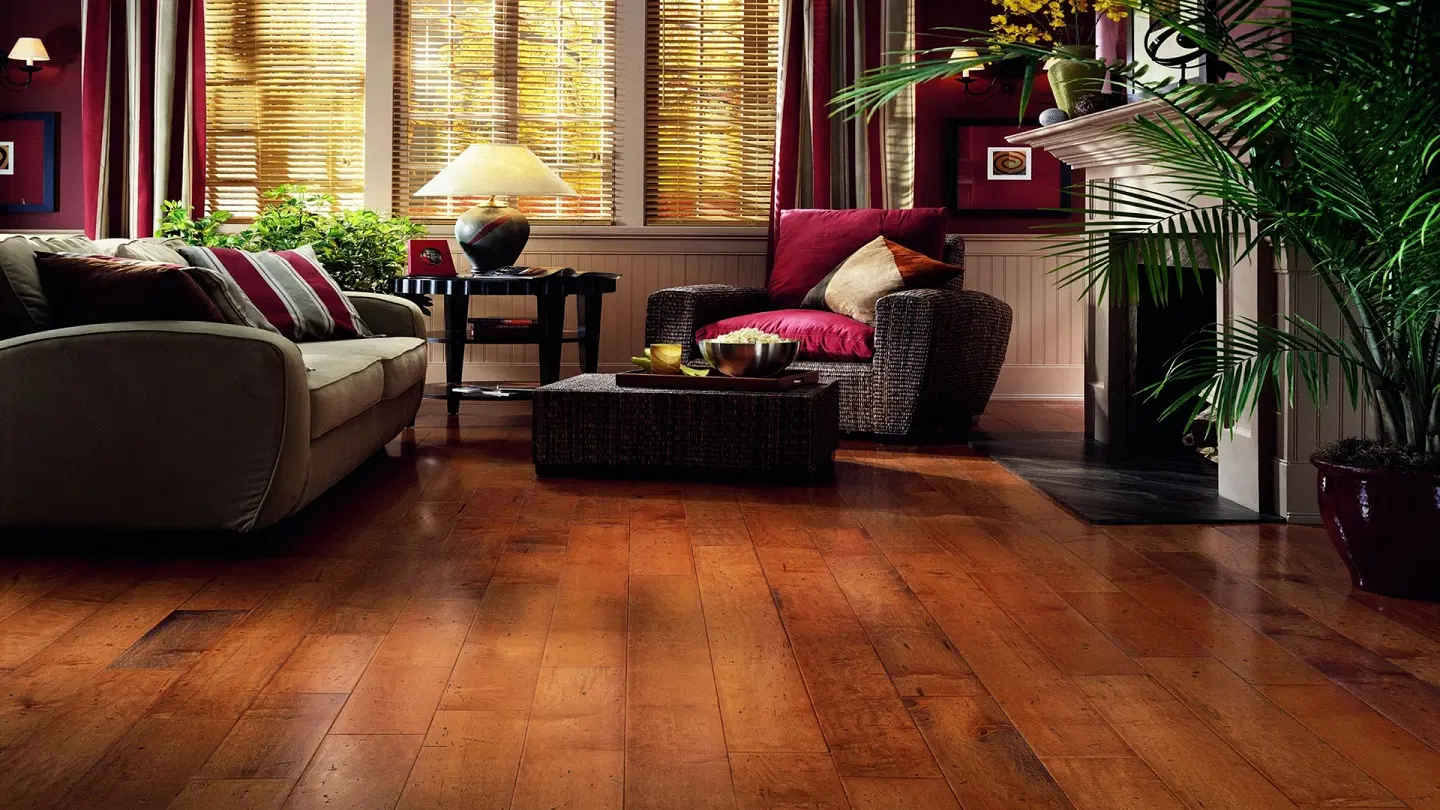
Selecting the perfect flooring for your home is a decision that transcends mere aesthetics; it’s a choice that will fundamentally shape the atmosphere, functionality, and even the financial value of your living space. In the realm of flooring materials, two timeless contenders have earned their place at the forefront: solid hardwood and engineered hardwood flooring. While both promise a touch of classic elegance, they diverge significantly in various critical aspects, catering to distinct needs and preferences.
We will discuss an extensive exploration of the intricate world of both types of hardwood flooring, delving deep into the unique qualities that differentiate solid hardwood from engineered hardwood. This journey will empower you to make an educated and well-informed decision—one that not only suits your immediate vision for your home but also ensures a long-lasting investment that enhances the overall quality of your living environment.
Solid hardwood flooring, as the name suggests, comprises solid wood planks, typically measuring 3/4 inch in thickness. These planks are hewn from a single, continuous piece of hardwood, such as oak, maple, cherry, walnut, or a variety of other exquisite species. This solid construction is the hallmark of its enduring durability and longevity, and it imparts a sense of timelessness to any space it graces.
Engineered hardwood, on the other hand, introduces a fascinating twist to the traditional hardwood paradigm. It is a composite material featuring a thin veneer of real hardwood on top of multiple layers of plywood or high-density fiberboard (HDF). This layered construction brings dimensional stability to the forefront and bolsters the material’s resistance against moisture and temperature fluctuations, setting it apart from its solid counterpart.
The choice between these two remarkable options is far from arbitrary. It hinges on your specific requirements, budget constraints, and lifestyle aspirations. To make a well-informed decision, it’s crucial to delve deeper into their unique attributes, advantages, and limitations. Solid hardwood, with its unbeatable longevity and refinishing potential, may be ideal for those planning to settle into their homes for years to come. Conversely, engineered hardwood offers versatility, cost-effectiveness, and moisture resistance, making it a pragmatic choice for those seeking a balance between performance and budget considerations.
Tip: If you need more information about qualified flooring material types and features, don’t hesitate to explore more on our website.
This guide will comprehensively compare solid hardwood and engineered hardwood flooring, dissecting their construction, installation, maintenance, and overall costs.
Solid Hardwood Flooring
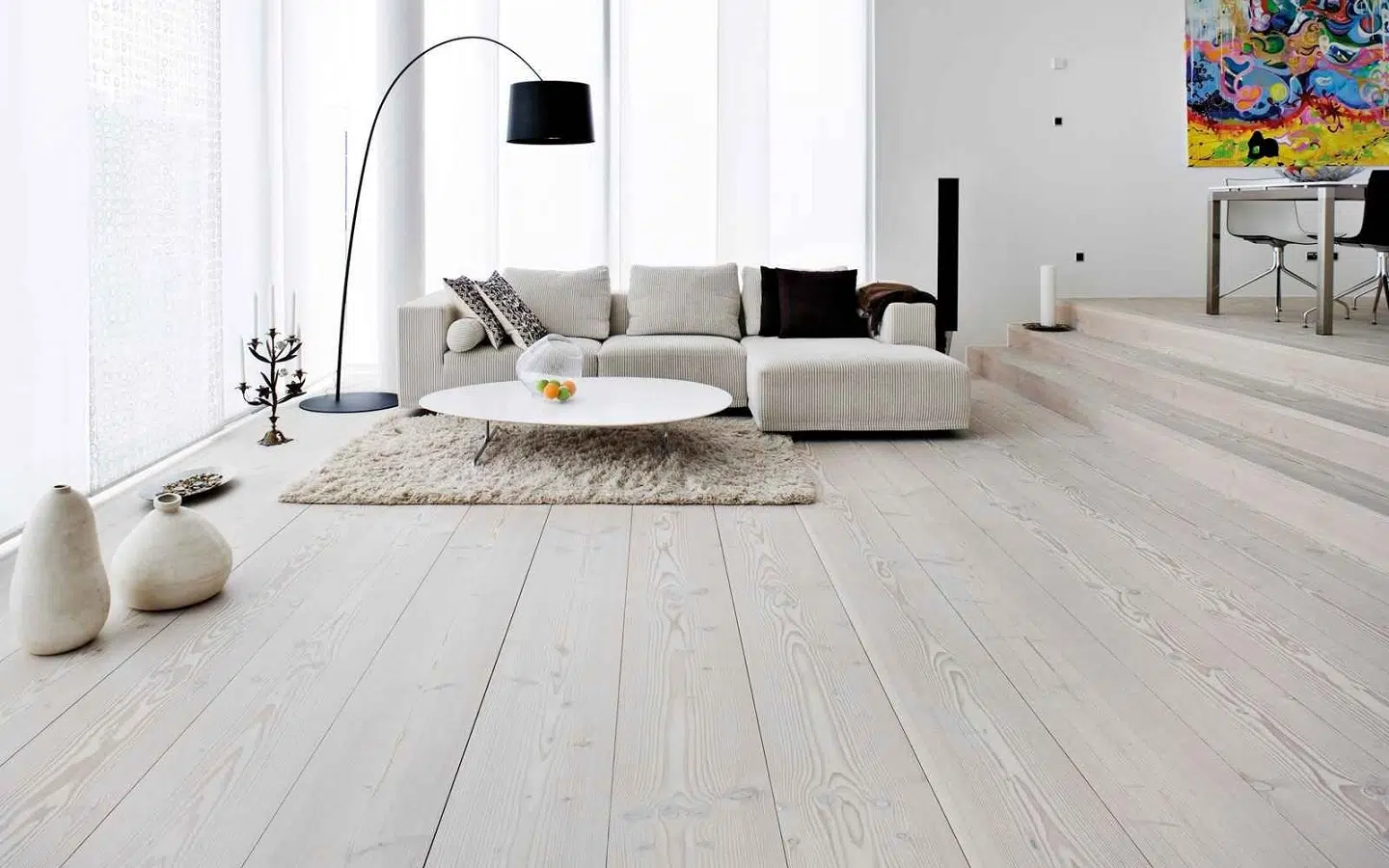
Construction: Solid hardwood flooring lives up to its name, consisting of solid wood planks typically 3/4 inch thick. These planks are usually cut from a single piece of hardwood, which could be oak, maple, cherry, walnut, or various other species. This solid construction is the hallmark of its durability and longevity. Oak flooring and cherry hardwood flooring are the most popular floorings among homeowners who likes to floor their home with hardwood. Moreover, Maple flooring is a luxury hardwood flooring that brings elegance to each home.
Installation: The installation of solid hardwood flooring is a labor-intensive process. It is typically nailed or stapled down to a plywood subfloor, necessitating professional installation. Furthermore, solid hardwood isn’t recommended for below-grade spaces like basements due to its susceptibility to moisture and temperature fluctuations, which can lead to warping or cupping.
Refinishing: One of the significant benefits of solid hardwood is its remarkable ability to be sanded and refinished multiple times. This means that even after years of wear and tear, you can restore its original beauty, making it an excellent choice for long-term homeowners who appreciate longevity.
Maintenance: Maintaining solid hardwood flooring involves regular cleaning and periodic refinishing. To ensure its longevity, it’s essential to avoid excessive moisture and to protect it from scratches and dents by using rugs and furniture pads. Proper care can extend its lifespan for generations.
Cost: Engineered hardwood flooring tends to be more affordable than solid hardwood. This is primarily due to the cost of the raw materials and the labor-intensive installation process. However, its remarkable longevity and the ability to refinish it multiple times can make it a cost-effective choice in the long run, adding significant value to your home.
Engineered Hardwood Flooring
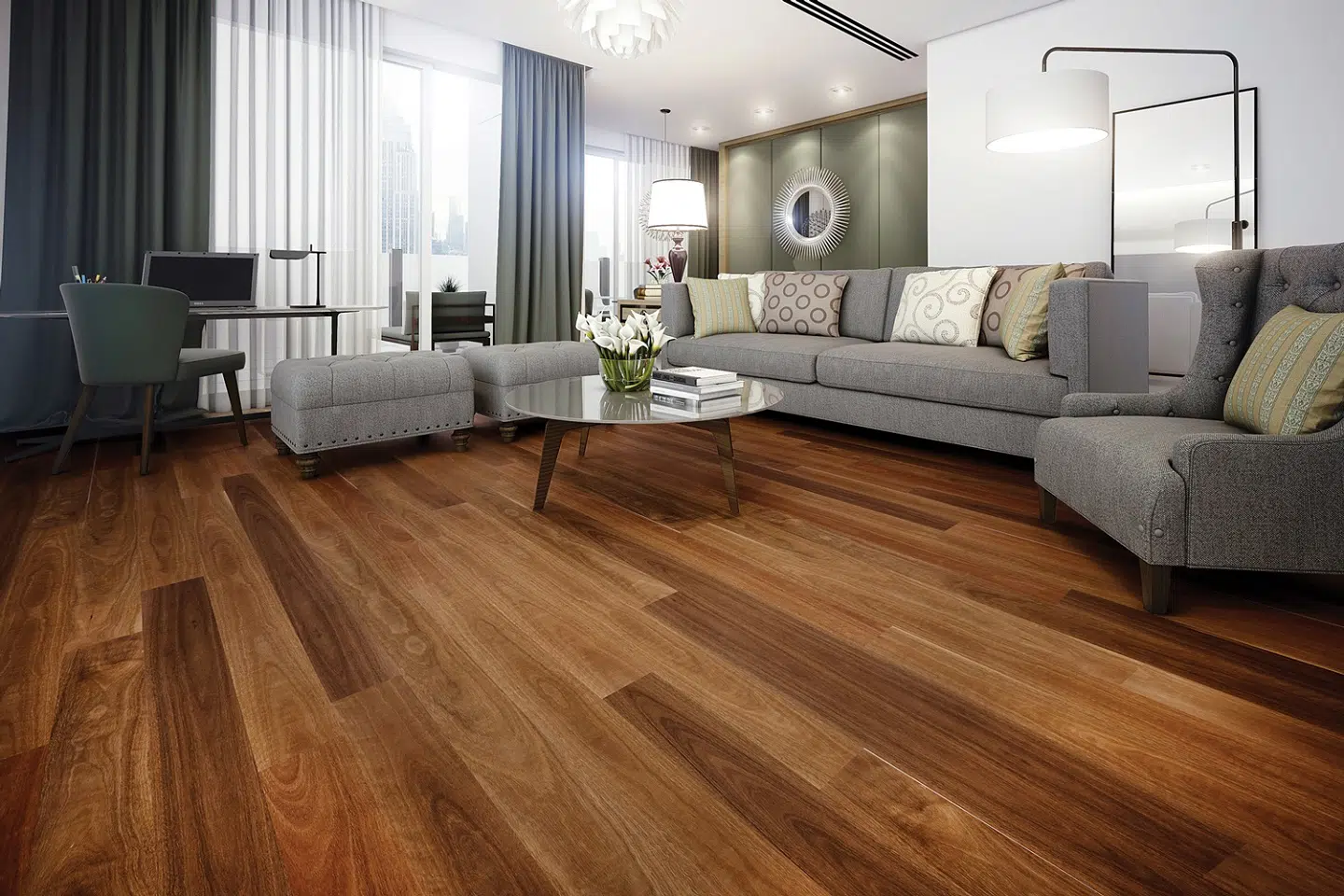
Construction: Engineered hardwood is a composite material made of a thin veneer of real hardwood on top of multiple layers of plywood or high-density fiberboard (HDF). This layered construction provides dimensional stability and makes it more resistant to moisture and temperature fluctuations compared to solid hardwood.
Installation: Engineered hardwood is typically easier to install than solid hardwood. It can be glued down, nailed, stapled, or even installed as a floating floor, depending on the manufacturer’s recommendations. This versatility makes it suitable for a wider range of applications, including basements and areas with varying humidity levels.
Refinishing: The thin veneer layer on engineered hardwood limits the number of times it can be refinished. How many times an engineered wood can be refinished during its lifetime depends on the thickness of the veneer layer. This makes engineered hardwood less forgiving when it comes to deep scratches and wear, but it’s still a durable option.
Maintenance: Engineered hardwood is relatively low-maintenance, requiring regular cleaning and occasional light refinishing. Its enhanced resistance to moisture makes it a more suitable option for areas prone to humidity, making it a versatile choice for various parts of your home.
Cost: One of the notable advantages of engineered hardwood flooring is its affordability. It is generally more budget-friendly than solid hardwood, making it an attractive choice for those who want the look of hardwood without the premium price tag. This cost-effectiveness doesn’t compromise on quality, as engineered hardwood can still provide a beautiful and durable flooring solution.
Choosing the Right Option for Your Home
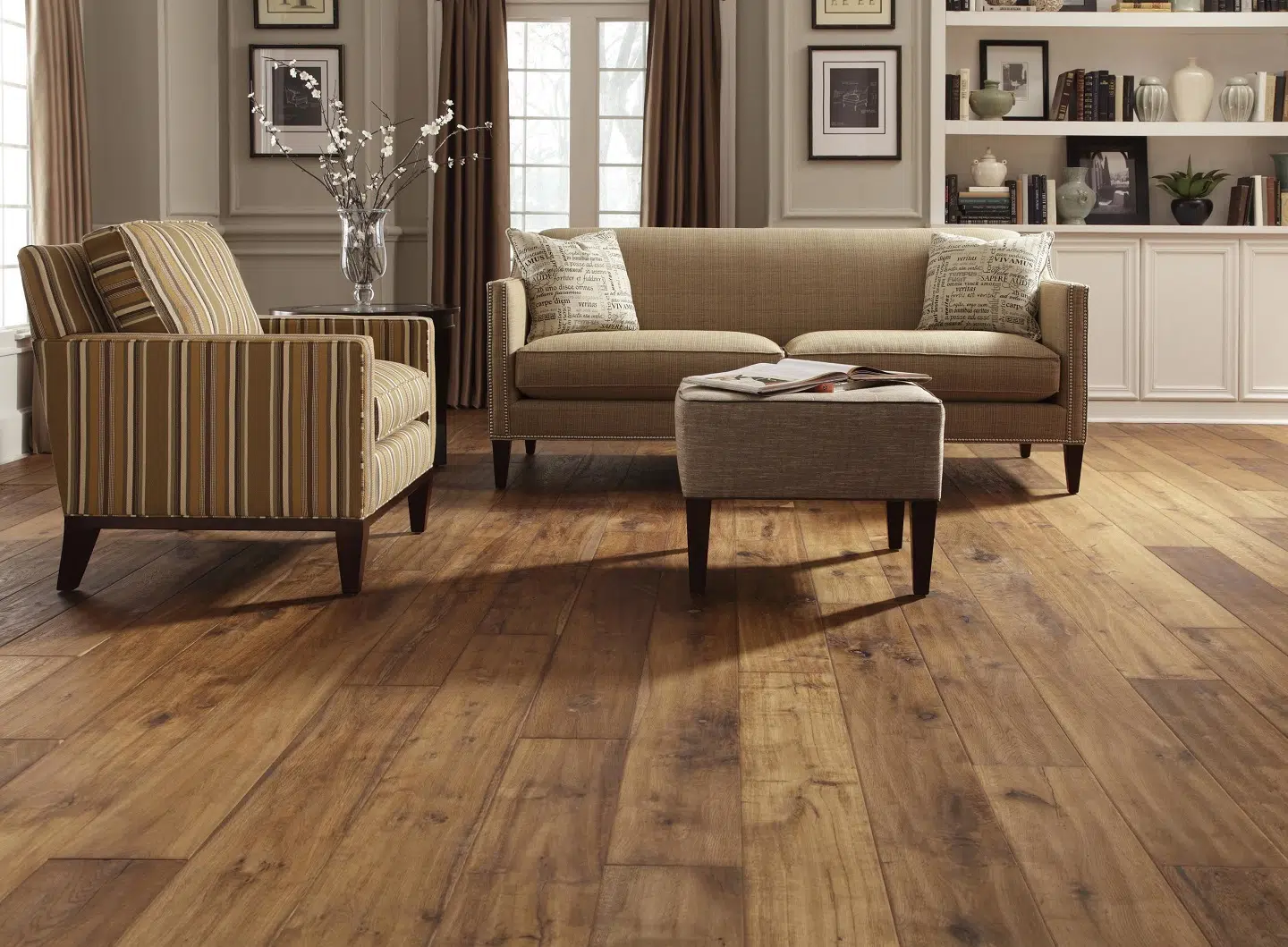
The decision between solid hardwood and engineered hardwood flooring ultimately depends on your specific needs, budget, and lifestyle. Here are some factors to consider when making your choice:
1. Location:
- If you plan to install or buy flooring in a below-grade area like a basement, engineered hardwood is the better choice due to its moisture resistance.
- For above-grade areas with stable humidity levels, both options can work well.
2. Budget:
- If you have a limited budget, engineered hardwood may be the more cost-effective option for you.
- If you are willing to invest in a premium, long-lasting material and can bear the initial cost, solid hardwood is a great choice that adds significant value to your home.
3. Installation:
- DIY enthusiasts may find engineered hardwood easier to install themselves due to its various installation methods.
- Solid hardwood installation often requires professional expertise, but the results are well worth it in terms of durability and aesthetics.
4. Longevity:
- If you plan to stay in your home for many years and value the ability to refinish your floors, solid hardwood may be your best bet for lasting beauty and functionality.
- If you expect to move or renovate within a shorter timeframe, engineered hardwood offers an excellent compromise between durability and cost.
5. Aesthetics: Consider the species, color, and grain pattern of the wood when choosing either option, as these factors have a significant impact on the look and feel of your house. Both solid and engineered hardwood offer a wide range of colors and designs.
Conclusion
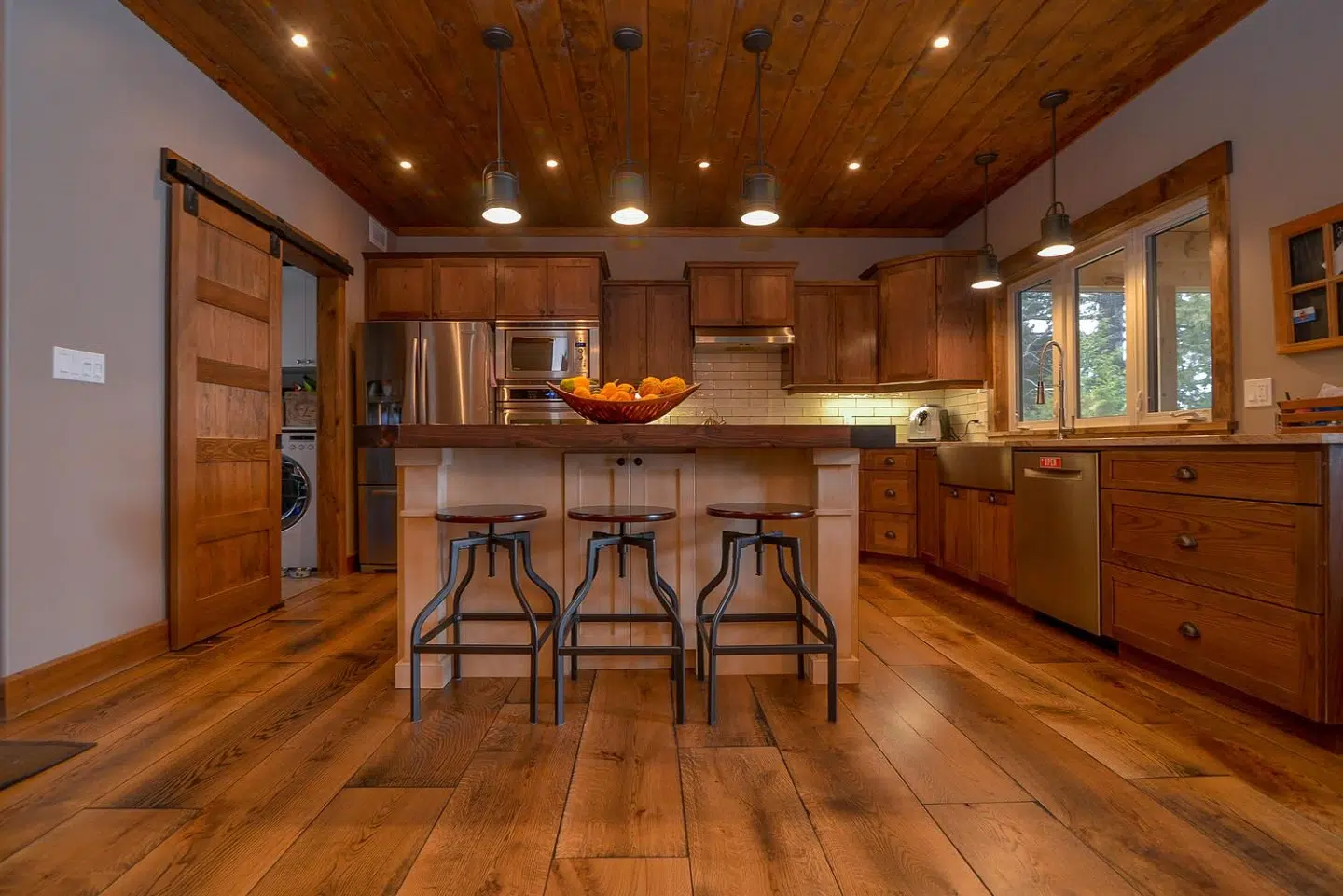
In the solid hardwood vs. engineered hardwood flooring debate, there is no one-size-fits-all answer. Both options have their merits, and the right choice depends on your specific circumstances and preferences. Solid hardwood offers timeless beauty, unmatched longevity, and the ability to be refinished multiple times, making it a favorite of homeowners who appreciate quality and long-term investment. On the other hand, engineered hardwood provides greater versatility, moisture resistance, and affordability, making it an attractive option for those looking for a balance between cost and performance.
By carefully considering your needs and likes, you can make an informed decision. Whether you opt for the enduring charm of solid hardwood or the practicality of engineered hardwood, you’re investing in a flooring solution that will add character and value to your living space.


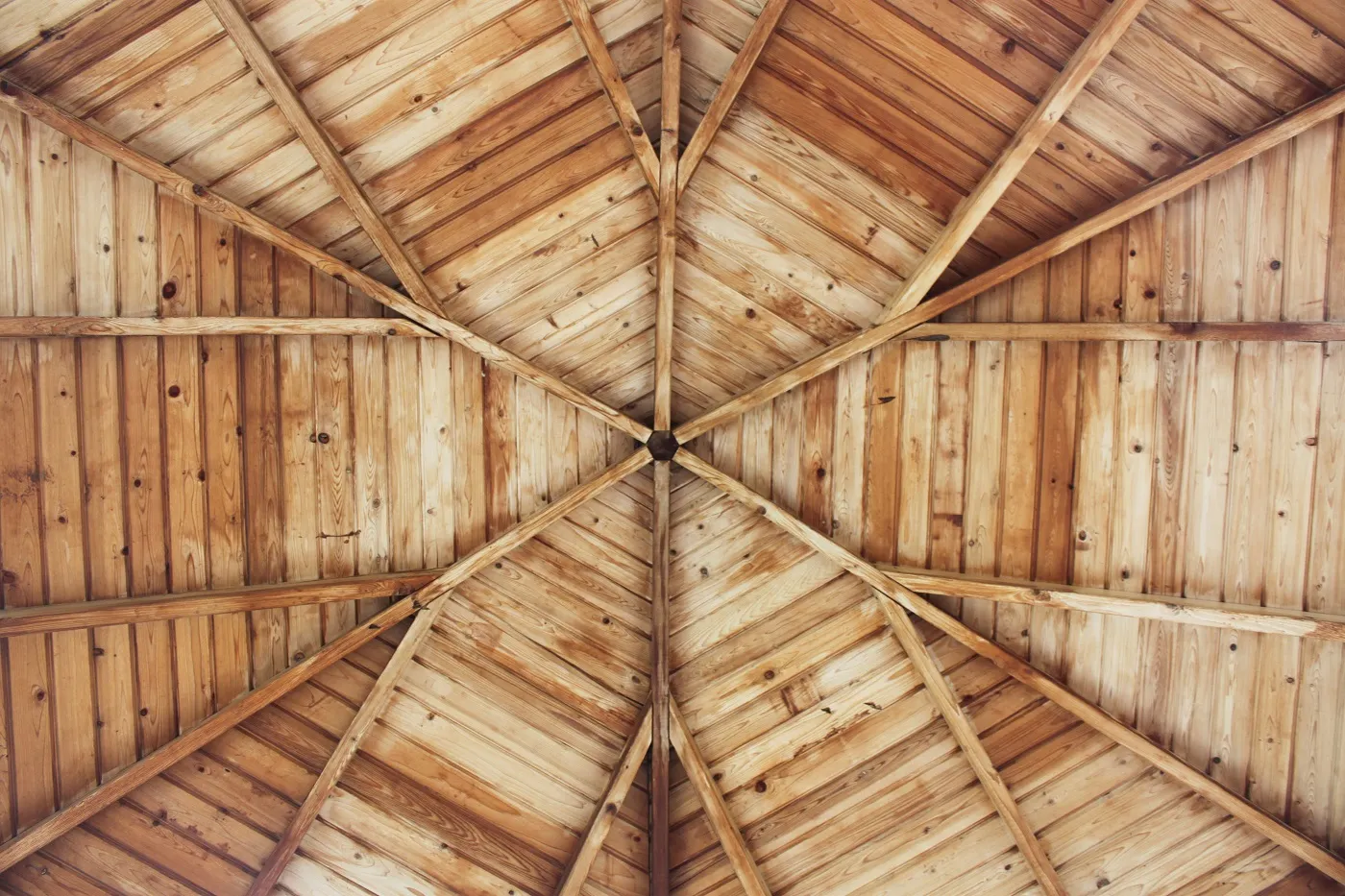
Did you find what you were looking for?